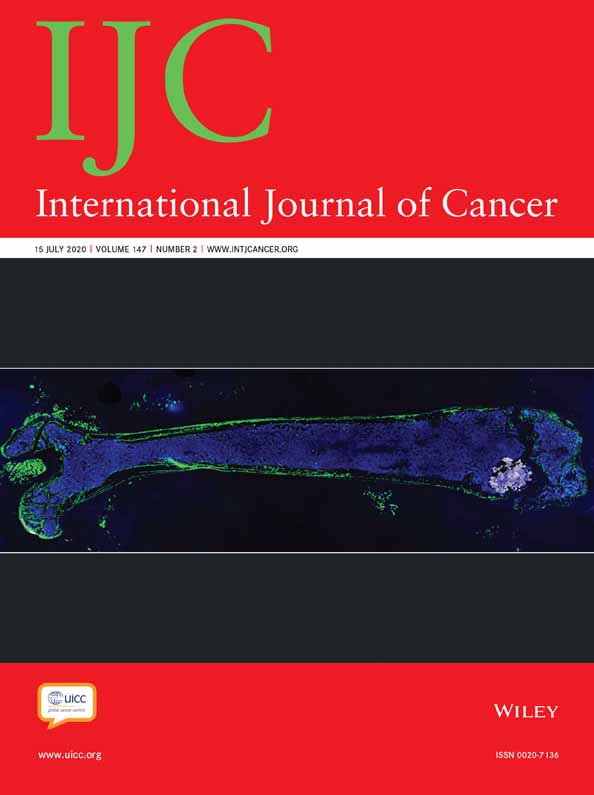Guideline-concordant endometrial cancer treatment and survival in the Women's Health Initiative Life and Longevity After Cancer study
Abstract
In the Women's Health Initiative (WHI) Life and Longevity After Cancer (LILAC) cohort, we examined predictors of guideline-concordant treatment among endometrial cancer (EC) survivors and associations between receipt of guideline-concordant treatment and survival. Receipt of guideline-concordant EC treatment was defined according to year-specific National Comprehensive Cancer Network (NCCN) guidelines. Multivariable logistic regression was used to estimate odds ratios (ORs) and 95% confidence intervals (CIs) for predictors of guideline-concordant treatment receipt. We estimated multivariable-adjusted hazard ratios (HRs) and 95% CIs for relationships between guideline-concordant treatment and overall survival using Cox proportional hazards regression. We included 629 women with EC, of whom 83.6% (n = 526) received guideline-concordant treatment. Receipt of guideline-concordant treatment was less common among women with nonendometrioid histology (OR = 0.24, 95% CI = 0.13–0.45) but was more common among women living in the Midwest (OR = 2.09, 95% CI = 1.06–4.12) or West (OR = 3.02, 95% CI = 1.49–6.13) compared to the Northeast. In Cox regression models adjusted for age, histology and stage, receipt of guideline-concordant EC treatment was borderline associated with improved overall survival (HR = 0.80, 95% CI = 0.60–1.01) in the overall population. Guideline-concordant treatment was also linked with better overall survival among women with low-grade uterine-confined endometrioid EC or widely metastatic endometrioid EC. Guideline-concordant treatment varies by some patient characteristics and those women in receipt of guideline-concordant care had borderline improved survival. Studies evaluating regional differences in treatment along with randomized clinical trials to determine appropriate treatment regimens for women with aggressive tumor characteristics are warranted.
Abstract
What's new?
Endometrial cancer (EC) treatment recommendations are based on randomized clinical trials and observational studies. In the United States, the extent to which women with EC receive treatment in line with recommendations is unknown. Here, receipt of guideline-concordant treatment was found to vary by histology and geography for U.S. women with EC. In particular, women with stage IIB or stage IV EC and women living in the Northeast were less likely to receive treatment consistent with existing recommendations than stage IA patients and women living in the West or Midwest. Receipt of guideline-concordant treatment was weakly associated with improved overall survival.
Open Research
Data availability
The data that support the findings of our study are available from the Women's Health Initiative. Restrictions apply to the availability of these data, which were used under license for our study. Data are available from the Women's Health Initiative Coordinating Center (www.whi.org) with the permission of the Women's Health Initiative.




